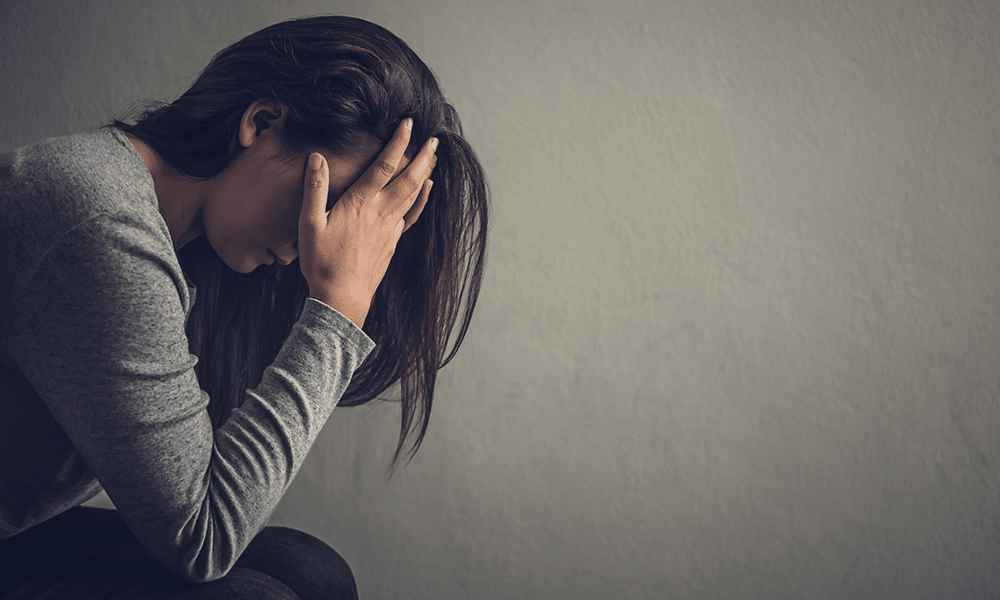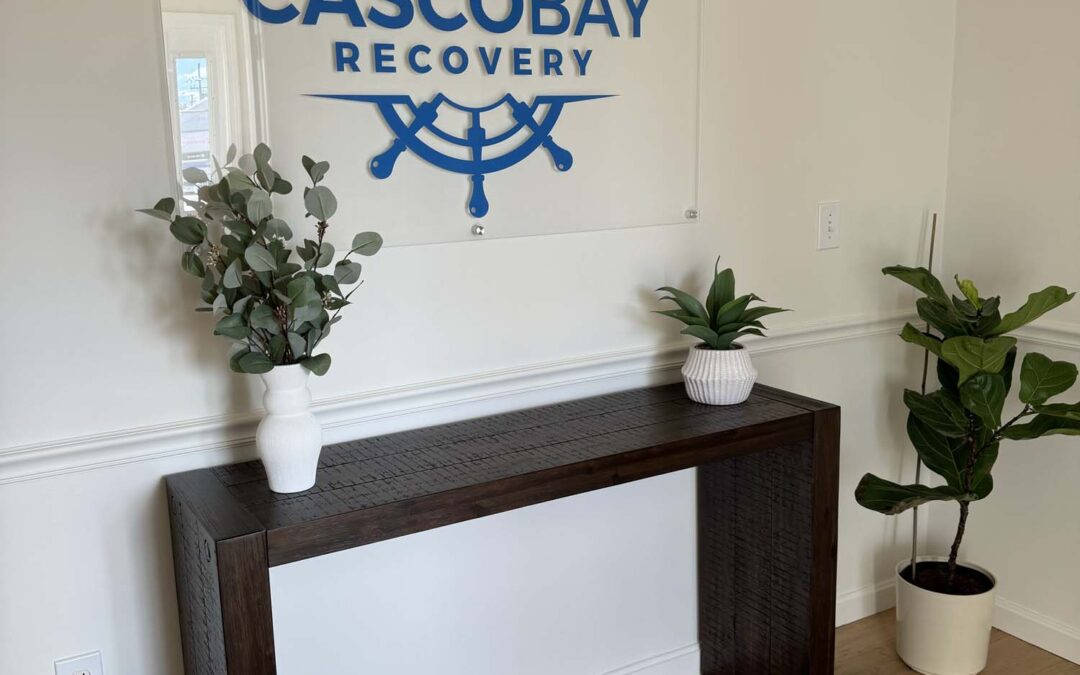The Role of Yoga in Addiction Recovery
Yoga is a powerful tool in the journey of addiction recovery, offering practices like asanas (physical postures) and pranayamas (breathing exercises). These techniques foster a deep connection between body and mind, which is crucial for individuals overcoming addiction. By integrating yoga into recovery, you can experience several benefits:
- Enhanced Mindfulness: Yoga encourages present-moment awareness, helping you develop mindfulness which is crucial in battling addictive behaviors.
- Emotional Regulation: Regular practice aids in managing emotions, reducing stress and anxiety that often accompany recovery.
- Overall Well-being: The holistic nature of yoga promotes physical health, mental clarity, and spiritual growth.
Research supports the effectiveness of yoga therapy in treating various addictions, including alcohol and opioids. Studies reveal that participants practicing yoga showed improvements in self-awareness and reduced substance use. For example, a study published in the Journal of Substance Abuse Treatment highlighted how yoga complements traditional treatments by decreasing cravings and withdrawal symptoms.
Adopting yoga into your recovery path not only enriches your healing journey but also aligns with complementary therapies like 12 Step Yoga programs. Embrace the transformative potential of yoga for addiction to build resilience and sustain long-term recovery.
Types of Yoga Beneficial for Recovery
Exploring various yoga styles can significantly enhance the addiction recovery journey, each offering unique benefits tailored to individual needs.
1. Sudarshan Kriya Yoga
This practice emphasizes rhythmic breathing, promoting deep relaxation and emotional balance. By reducing stress and anxiety, it supports mental clarity and resilience, crucial components in recovery.
2. Hatha Yoga
Known for its gentle pace, Hatha Yoga focuses on basic postures and breathing exercises. It aids in building physical strength and flexibility while fostering a mindful connection between body and mind, essential for those rebuilding their lives post-addiction.
3. Vinyasa Yoga
Characterized by fluid movement synchronized with breath, Vinyasa Yoga enhances cardiovascular health and concentration. Its dynamic nature helps release pent-up energy and emotions, providing a productive outlet during recovery.
Each style caters to diverse experiences within the recovery process, empowering individuals to find the most effective path to healing through yoga.
The Role of Meditation in Addiction Recovery
Meditation is an essential tool in addiction recovery, offering various techniques designed to support healing. Among these methods, mindfulness meditation stands out as it promotes awareness and acceptance of present experiences without judgment. This practice helps individuals develop a heightened sense of self-awareness, enabling them to identify and manage cravings effectively.
How Mindfulness Helps in Recovery
Mindfulness-based therapy is particularly effective in addressing the emotional challenges that come with recovery. By focusing on the present moment, individuals learn to observe their thoughts and feelings without becoming overwhelmed. This technique proves invaluable in reducing stress, anxiety, and emotional pain commonly experienced during the recovery journey. Studies have shown that mindfulness can significantly improve mental health, making it an ideal approach for those in recovery.
Key Meditation Techniques for Addiction Recovery
Here are some key meditation techniques that can be beneficial for those recovering from addiction:
- Breathing exercises: Simple yet powerful, these help calm the mind and reduce immediate stress.
- Body scans: Promote relaxation by encouraging awareness of physical sensations throughout the body.
- Guided imagery: Utilizes visualization to foster positive thinking and emotional well-being.
For stress relief, relaxation techniques such as breathing exercises and body scans can be particularly helpful.
The Benefits of Meditation in Recovery
Incorporating meditation into daily routines enhances resilience against triggers and supports long-term recovery goals. Engaging with these practices not only aids in managing cravings but also contributes to overall mental clarity and emotional balance. The combination of yoga and meditation tools for addiction recovery empowers individuals on their path to healing.
Techniques for Effective Meditation Practice in Recovery
Exploring meditation techniques can significantly enhance your recovery journey. Body scan meditation involves mentally scanning each part of your body, fostering a deeper awareness of physical sensations and tension. This practice helps you connect bodily sensations with emotional states, promoting relaxation and reducing stress.
Another powerful technique is loving-kindness meditation. Here, you cultivate feelings of compassion and love towards yourself and others. This approach is particularly beneficial for those in recovery as it nurtures self-acceptance and kindness, counteracting negative self-perceptions often associated with addiction.
To incorporate these meditation practices into daily routines:
- Set aside a specific time each day dedicated to meditation.
- Begin with short sessions (5–10 minutes) and gradually increase the duration.
- Create a quiet, comfortable space free from distractions.
- Use guided meditations available through apps or online platforms to support your practice.
These techniques can bring a sense of calm and control, essential components in the path towards lasting recovery.
The Science Behind Yoga, Meditation, and Overcoming Addiction
Understanding how yoga and meditation affect the brain can help us see why they are beneficial in overcoming addiction. These practices work on important chemical systems in the brain, supporting the healing process.
How Yoga and Meditation Help with Addiction Recovery
Here are some ways in which yoga and meditation contribute to addiction recovery:
- Balancing Dopamine Levels: Both yoga and meditation have been shown to regulate dopamine levels, a critical neurotransmitter associated with pleasure and reward pathways. In addiction, these pathways often become imbalanced. Mindful practices help restore balance, reducing cravings and enhancing mood stability.
- Reducing Stress Hormones: Chronic stress is a significant factor in addiction relapse. Yoga and meditation have proven effective in lowering cortisol levels, the body’s primary stress hormone. This reduction aids in improving emotional regulation and decreasing anxiety.
- Promoting Brain Flexibility: Engaging in regular yoga and meditation promotes neuroplasticity—the brain’s ability to form new neural connections. This is crucial for recovery as it supports the development of healthier thought patterns and behaviors.
- Supporting Mood Regulation: Serotonin, another key neurotransmitter linked to well-being, is positively influenced by these practices. Enhanced serotonin levels contribute to improved mood, impulse control, and emotional resilience.
By incorporating these techniques into recovery programs, we can create a comprehensive approach that addresses both the psychological and physiological aspects of addiction.
Local Resources for Yoga and Meditation Support During Recovery
In Maine, several local yoga options provide specialized classes designed to support addiction recovery. Studios like Portland Yoga Project and The Breathing Room offer sessions that focus on the unique needs of individuals in recovery. These classes integrate mindfulness practices, emphasizing emotional balance and stress reduction.
Community events also play a crucial role in enhancing your healing journey. Look out for mindfulness workshops hosted by organizations such as Maine Mindfulness frequently organize gatherings centered around meditation techniques beneficial for recovery. These events provide a supportive space to connect with others on similar paths, fostering a sense of community and shared growth.
Exploring these local resources can significantly enrich your recovery process. Engaging with these yoga and meditation tools for addiction recovery not only aids in personal development but also strengthens your support network within the Maine community.
Integrating Yoga and Meditation into Traditional Addiction Treatment Programs
Incorporating yoga and meditation into traditional addiction treatment programs has become an innovative approach, enhancing the healing journey for many. Treatment centers, like Casco Bay Recovery, are weaving practices like active recovery yoga into their curriculum, providing a holistic path to recovery that addresses both the mind and body. These integrative approaches, which also include holistic therapy programs, are proving to be beneficial for individuals seeking comprehensive support on their road to sobriety.
Discover the Healing Benefits of Yoga and Meditation with Casco Bay Recovery!
At Casco Bay Recovery, we believe in the power of holistic approaches like yoga and meditation to support addiction recovery. Our resources include specialized support groups, workshops, and retreats that integrate these practices into the healing process.
Why Yoga and Meditation?
Yoga and meditation have been proven to:
- Reduce stress and anxiety
- Improve emotional well-being
- Enhance self-awareness
- Promote physical health
By incorporating these tools into your recovery journey, you can experience a deeper level of healing and personal growth.
Community-Focused Events
We understand the importance of community in the recovery process. That’s why we organize events that bring people together to explore the benefits of yoga and meditation. These activities create a supportive environment where individuals can connect, share experiences, and inspire one another.
Local Initiatives
In addition to our own programs, there are local initiatives that promote meditation and recovery practices. By supporting these organizations, we aim to amplify the message of transformation through mindfulness techniques.
Join Us on This Journey
If you’re interested in discovering how yoga and meditation can be instrumental in your path to lasting recovery, we invite you to explore our offerings:
- Support groups
- Workshops
- Retreats
These experiences are designed to provide you with the tools and resources needed for a healthier, more balanced life.
For more information about our addiction treatment programs please don’t hesitate to reach out. We are here to help you every step of the way!







